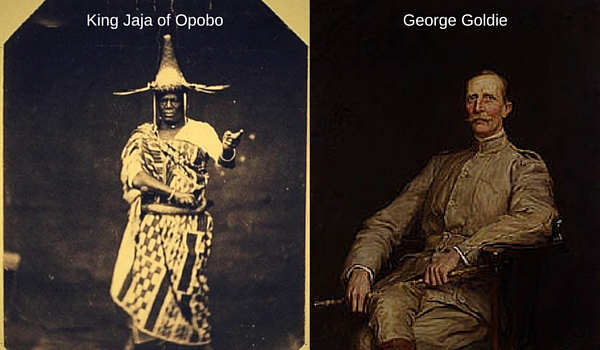
The Role of Explorers and Traders in the Colonization of Africa
The drive to colonize Africa was spurred by the growth of capitalism in Europe which increased the need for raw materials. Some argue that the abolition of the slave trade in England in 1807 was a catalyst that shifted trade from human beings to raw materials. European nations were competing among themselves to trade with African rulers who controlled areas with vast natural resources and many exploration societies would sponsor explorers looking for opportunities.
Many explorers like David Livingstone would sign treaties with local Kings and Chiefs and this opened up more trade routes for Europeans. The reports sent by Explorers gave capitalists the impression that it was uncivilized and would benefit from European domination. Prevailing racist sentiments about Africa can be traced back to this era when explorers described Africa and Africans in the most objectionable terms.
As more reports of Africa emerged, more traders brought manufactured goods to Africa in exchange for palm oil, peanut oil, ivory and gold. Larger trading companies then established monopolies by buying out smaller companies and this gave them immense wealth and influence both in Africa and in Europe. In a bid to monopolize the African trading market they sought military help from their respective governments to challenge African rulers who would not comply with their demands.
UNITED AFRICA COMPANY IN THE NIGER DELTA
The United Africa Company (UAC) was formed in 1879 by Sir George Goldie. By the early 1880s they had created a monopoly in the Niger delta area by buying out all the smaller companies in this region. One of the states trading in palm oil was Opobo, ruled by a leader called Jaja. As a leader Jaja made sure that the palm oil from his state would only be traded through his representative so that the state would be able to use the revenue to build schools, roads, and small industries. However, this did not please the UAC because it inhibited their ability to acquire palm oil at a lower price and therefore generate higher profits. The UAC sought a charter from the British government to rule the land inland of the Niger Delta. Thereafter, UAC changed its name to the Royal Niger Company (RNC) which had more than 100 trading boats, all protected by a gunboat.
When Jaja of Opobo state tried to protect trade in his land he was summoned by a British representative of the Niger Coast. As soon as he arrived for the meeting on the gunboat, Jaja was captured and held prisoner and ordered to sign a treaty that would allow the RNC to freely trade in Opobo. Faced with the threat of bombings in his state, Jaja reluctantly agreed to sign the agreement giving the RNC the right to trade in Opobo. However, even after signing the agreement, Jaja was kept prisoner and exiled to the Caribbean. Thereafter, the RNC took control of the palm oil trade in Opobo with all the profits going to Britain.



3 Comments
by Julius Aguyi
Africa must grow up poor leadership and corruption must end otherwise we will be colonized in a different form
by awantoh emmanuel
wow!intresting infos
by brandonkimoi
the only thing i didnt like is there is no important of traders
Comments are closed.